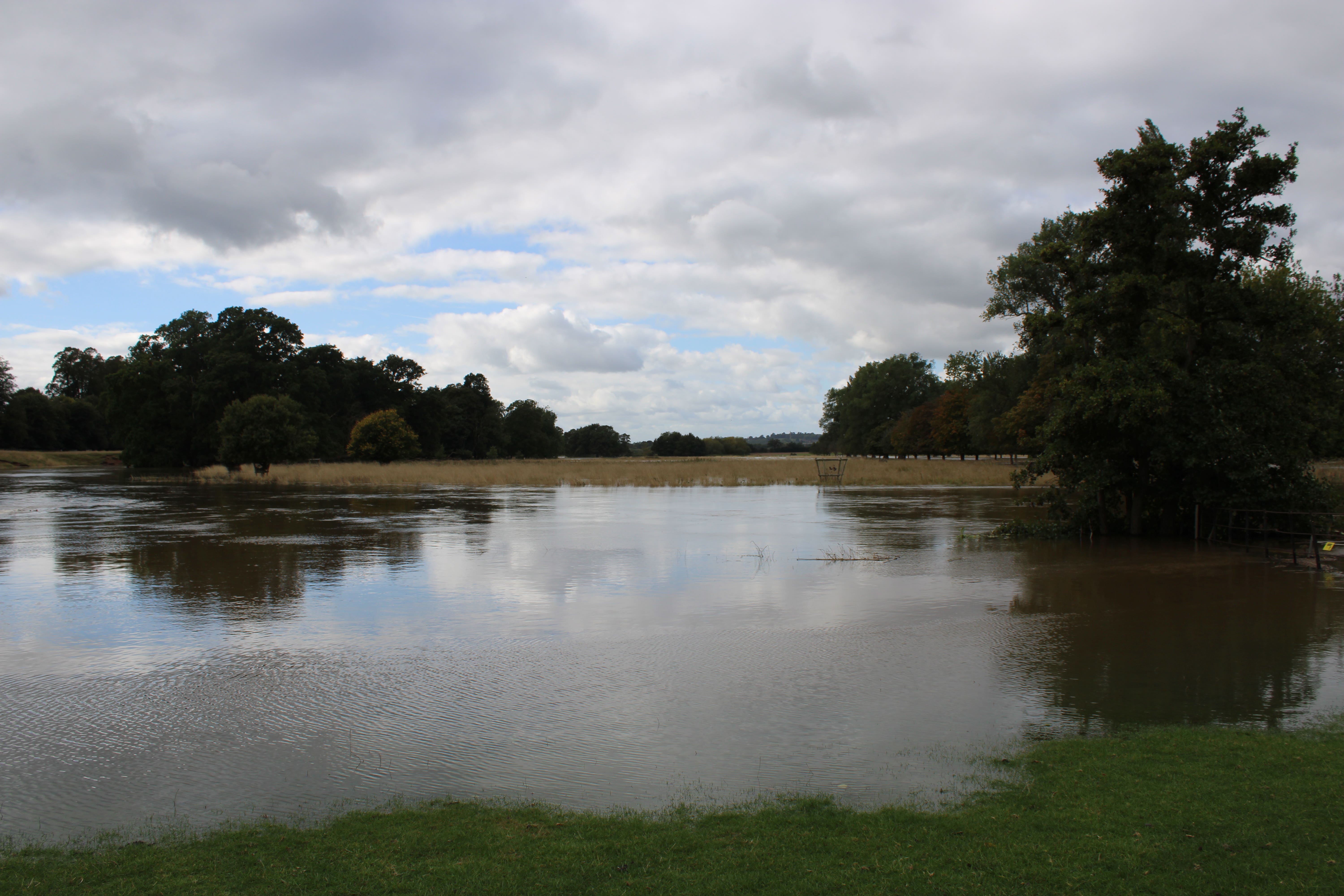Wildlife faces ‘blurring seasons’ as 2024’s weather brings mixed fortunes
The National Trust’s review of the year’s wildlife and weather sees past drought give way to wet, mild conditions in 2024.

Your support helps us to tell the story
From reproductive rights to climate change to Big Tech, The Independent is on the ground when the story is developing. Whether it's investigating the financials of Elon Musk's pro-Trump PAC or producing our latest documentary, 'The A Word', which shines a light on the American women fighting for reproductive rights, we know how important it is to parse out the facts from the messaging.
At such a critical moment in US history, we need reporters on the ground. Your donation allows us to keep sending journalists to speak to both sides of the story.
The Independent is trusted by Americans across the entire political spectrum. And unlike many other quality news outlets, we choose not to lock Americans out of our reporting and analysis with paywalls. We believe quality journalism should be available to everyone, paid for by those who can afford it.
Your support makes all the difference.A mild, wet 2024 bookended by storms hit butterflies, bees and birds, as unpredictable weather and “blurring seasons” puts pressure on wildlife, the National Trust said.
The wet start to the year “kicked in touch” any remaining symptoms of the drought caused by the record heat and the dry conditions in 2022 which lingered into 2023 in some parts of the country, the conservation charity said.
That spelled good news for trees which were able to recover from drought stress and helped establish newly planted saplings that form a key part of the National Trust’s efforts to increase woodland cover on its estate, while the damp conditions also boosted fungi in the autumn.
But for others, the wet weather was “devastating”, according to National Trust head of nature conservation Ben McCarthy, with insects including butterflies and bees having a very bad year, along with some birds that struggled to get their breeding season under way.
Storms battered the UK at the beginning and end of the year, bringing down trees and causing widespread flooding and disruption.
National Trust properties did not escape, with Avebury Manor in Wiltshire flooding for the first time in 300 years in January and Charlecote Manor in Warwickshire flooding eight times in 2024, while rain and lough levels submerged jetties for six weeks in the summer at Crom, Northern Ireland.
The year saw a warm, unsettled, wet and dull spring, with the warmest May on record, followed by a cooler than average summer, and the wettest September on record for 10 English counties – though there were drier conditions elsewhere.
Storm Bert and a sharp dip in temperatures in November delivered a “multi-hazard weather event” which led to heavy floods, particularly in Wales, and snow, while Storm Darragh brought down hundreds of trees across National Trust properties, the charity said.
The cool wet start to the year saw bluebells flower later, while mild temperatures in September and October led to a late arrival of autumn and continued grass growth.
The National Trust also said some gardens were now seeing early flowering, with camelias in Cornwall, snowdrops two weeks early in Dorset, and even blossom peaking through on apple trees.
Mr McCarthy said nature, already struggling in the face of historic land use change such as the loss of 97% of flower-rich grasslands, intensification of agriculture and pollution, was now facing a climate hit.
“In Great Britain, one in six species are currently threatened with extinction – and it’s both common and rare species which are being impacted by the nature and climate crisis.
“The unpredictability of the weather and blurring of the seasons is adding additional stresses to our struggling wildlife,” he warned.
He said that in the last few weeks, conditions seesawed from freezing to “balmy” and raised concerns about what that would be doing to species such as hedgehogs and bats which are trying to hibernate.
“The biological impacts this has on these species is really quite significant,” he said, adding: “We have other impacts like significant rainfall which causes localised flooding, which is impacting other species.”
And with some species, such as birds, timing their breeding to coincide with the availability of food for their young, a shift in the seasons is “really challenging”, he said.
Keith Jones, climate change adviser at the National Trust added: “Our unpredictable weather is resulting in confusion for our wildlife and the slow loss of what once were ‘predictable’ seasons.
“Our landscapes need to be in a fit or in a favourable condition to better withstand these changes.”
The National Trust pointed to “nature-based solutions” such as peatland restoration, which rewets peat to boost wildlife habitat and hold back water on the uplands to prevent flooding and future drought.
Peatland restoration efforts were helped by the wet conditions after the previous years’ drought, the charity added.
Meanwhile, river restoration projects such as “rewiggling” Goldrill Beck in the Lake District, and what Mr McCarthy called a “control, alt, delete” reset to allow the river at Holnicote on Exmoor to find a new natural path, have boosted wildlife and created wetlands that reduce flood risk downstream.